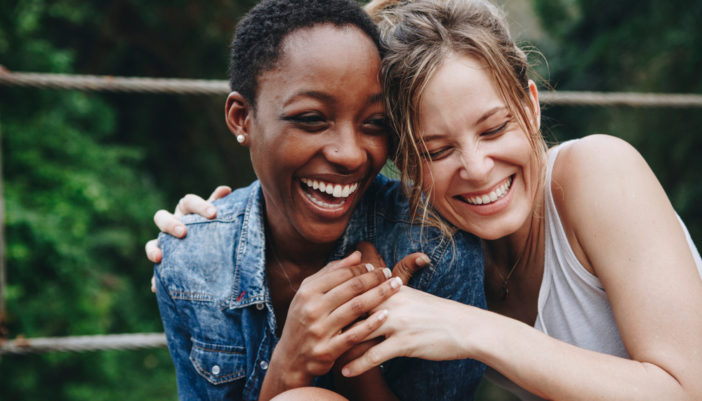Choose Wisely: How To Pick a Safe Person to Connect With
Since the time we were born, we have craved connection. Originally we need to literally survive, because if we are not connected to the mother we may not be fed or cared for. That bond is what also affects the HGH or human growth hormone, so we also need the loving attention to grow and thrive. The plan was perfect: we would bond with loving parents and family, and grow up, forging additional bonds outside the family with our first best friends, and later our partners. We learned how not to be selfish, how to give and receive love, and help each other grow.
But what if your family struggled to love and care for you? Horrifically you may have been abused or neglected. Or maybe they did give lots of love but along with all that caring came a huge emotional price tag of manipulation and guilt? Then you learned a distorted, twisted view of love, and probably began to draw others into your life later who reenacted it with you.
So how do you pick an emotionally safe person to connect with now? First, know your patterns and the core issues of those you normally choose, such as folks who are emotionally unavailable, immature or toxic. Then look at actual capabilities that you witness in their behavior – not just whatever lip service they pay to it.
First, make sure they demonstrate a clear understanding and a love for healthy boundaries. They can say AND hear no, and have a good amount of self-discipline. Make sure they aren’t controlling which is very different. They can detach, they have their own identity and they take responsibility for their life.
Second, check to see where their self-esteem is. Do they talk and demonstrate self-acceptance, love, and ownership of talents and values? Or do they often speak harshly of self, act out immaturely or cannot handle stress or conflict too well. Here is where you also want to find out if there was trauma, abuse or neglect in their background. For men this can include bullying which they often don’t want to talk about.
Third, make sure they not only know how to grieve well, but have done the grief work around any of the above-mentioned items and/or later losses or traumas such as death of a parent, job loss or divorce. They did not do this work alone, either. They went to therapy, grief or support groups, etc. and they didn’t do it cognitively in their head. You can tell by listening to how they describe it to know if they did it from the heart and the gut – or not.
Finally, if they haven’t done this work we’ve just talked about, how open are they today? If you are already in a relationship with someone and they balk at the idea of doing any individual therapy or relationship coaching with you – well that speaks volumes. From my experience, this means they may not be ready to do what it takes to become an emotionally safe person. Either way, do your own work on yourself, get support and grieve the reality perhaps. But at least YOU will emotionally safer to be around!




